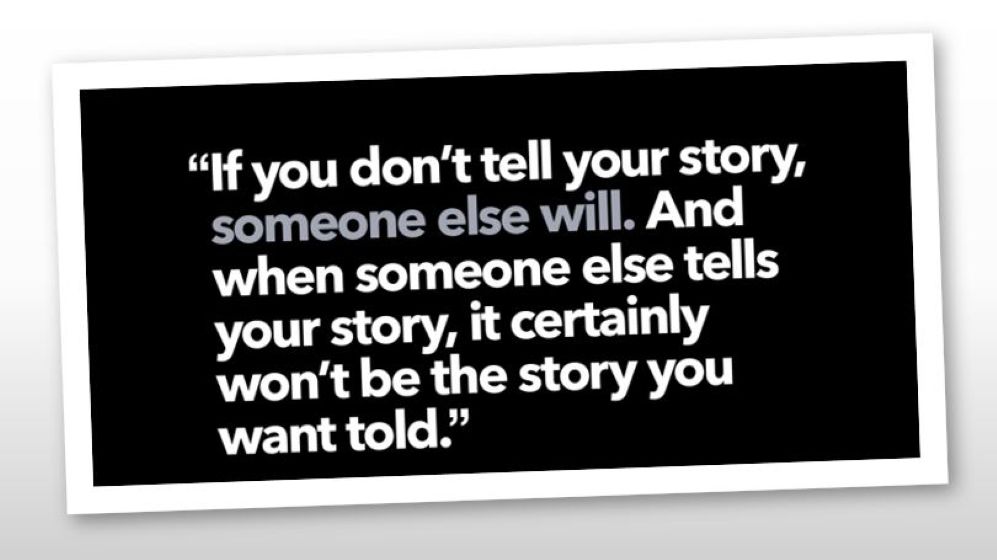In the fast-paced digital world, perception drives reality. Whether you’re an individual, brand, or organization, the narrative surrounding your identity shapes trust, loyalty, and influence. That’s why I live by the mantra, “If you don’t tell your story, someone else will. And, when someone else tells your story, it certainly won’t be the story you want told.”
This principle underscores the importance of proactive communication and reputation management. Research supports its urgency: 85% of consumers say they are more likely to trust a brand with a history of transparent communication, according to a 2022 Edelman Trust Barometer study. Conversely, 57% of people say they lose trust in organizations that remain silent during crises or controversies.
Allowing others to shape your story can lead to a loss of control, misrepresentation, or even reputational harm. A Pew Research Center survey revealed that 70% of Americans encounter false or misleading information online, which amplifies the risk of your story being distorted if left untold.
Effective storytelling empowers individuals and organizations to shape their legacy and influence. It’s not about spin or embellishment; it’s about authentic, consistent narratives that reflect your values and mission. For example, companies like Patagonia masterfully craft their stories around environmental stewardship, which resonates with their target audience and bolsters their brand loyalty.
Telling your story proactively isn’t just a defense mechanism; it’s a strategic asset. Share your milestones, values, and contributions with clarity and confidence. Use platforms where your audience is most active—whether social media, earned media, or community engagement.
The bottom line is this: silence is a story in itself, often interpreted as guilt, weakness, or indifference. Don’t leave your narrative to chance. Take control, communicate deliberately, and ensure that the story being told is the one you want the world to hear. Your reputation depends on it.

